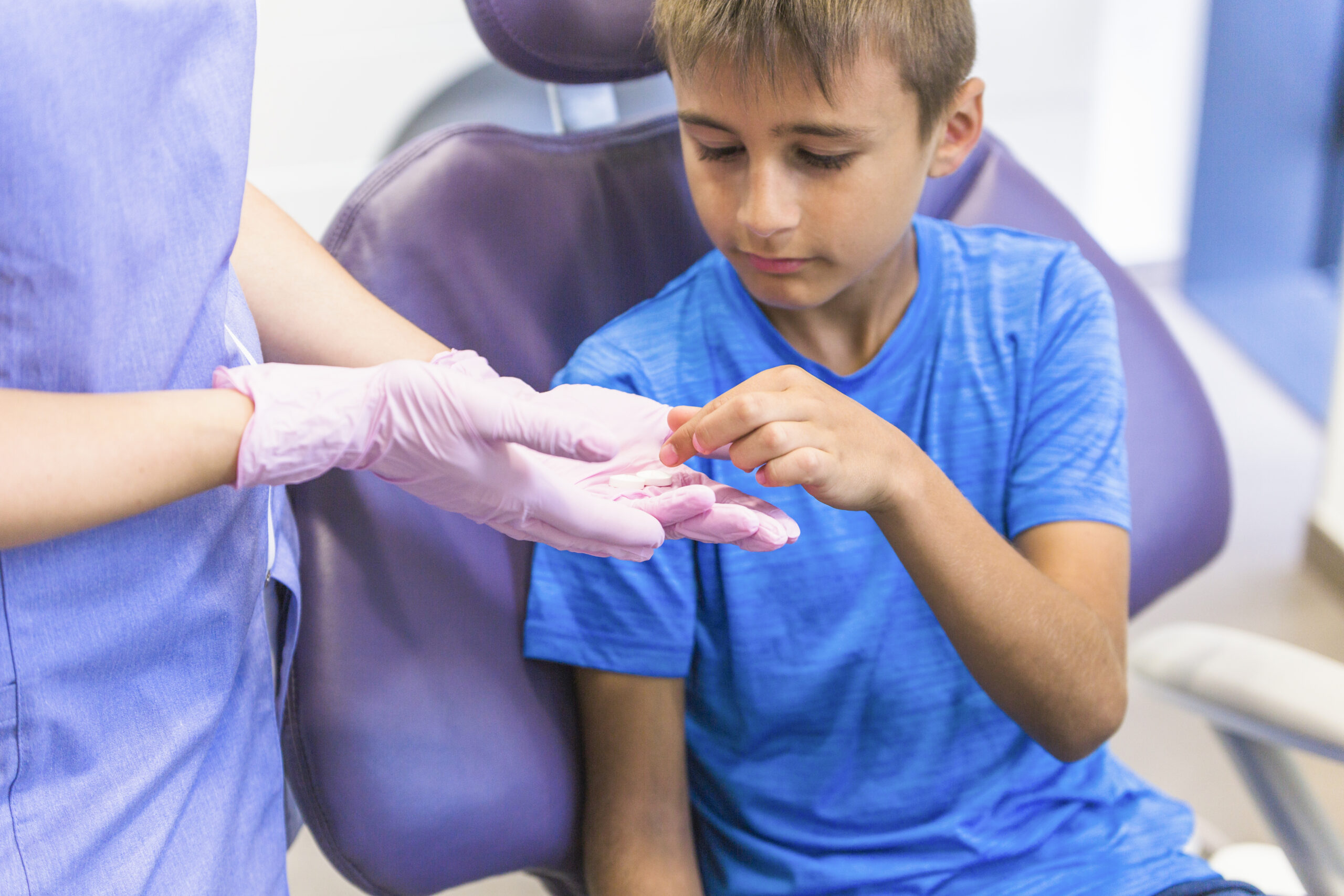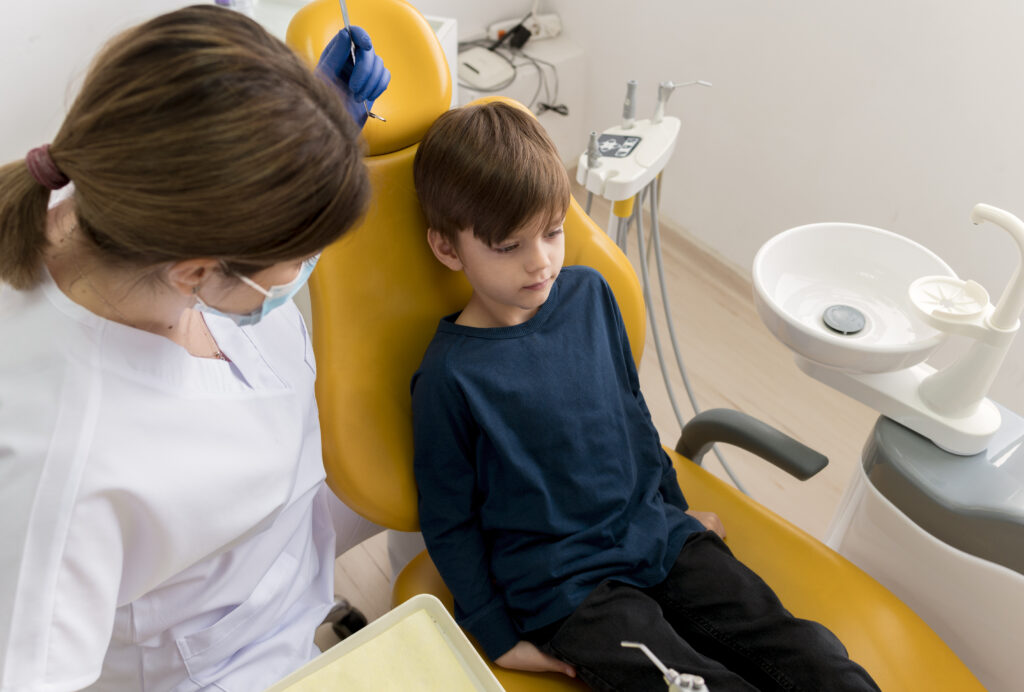Down syndrome affects approximately 23,000 to 29,000 children born in India annually, making it a common genetic condition. This means that at least 1 in every 650 to 1,000 children is born with Down syndrome. While it is a lifelong condition, proper management and care can significantly improve life expectancy and quality of life.

What is Down Syndrome?
Down syndrome is a genetic condition that leads to physical abnormalities, intellectual disabilities, developmental delays, and behavioral challenges. It is caused by an extra copy of chromosome 21, increasing the total number of chromosomes to 47 instead of the usual 46. The severity of Down syndrome varies from mild to severe, affecting individuals differently.
Recognizing the Signs of Down Syndrome
Children with Down syndrome often display distinct physical and cognitive characteristics, although the extent may vary.
Physical Features:
- Flat nasal bridge
- Small head
- Short neck
- Protruding tongue and broad palate
- Short, stocky physique with small fingers
- Hyper-flexibility
- Muscular hypotonia (low muscle tone)
- Brushfield’s spots (speckled iris pattern)
Cognitive & Intellectual Signs:
- Cognitive disabilities
- Language and speech delays
- Memory impairment
Evaluating and Managing Down Syndrome
There is no single treatment for Down syndrome, but continuous care and therapies can help children achieve developmental milestones. Regular medical evaluations and therapies play a crucial role in improving their quality of life.
Essential Medical Tests:
- Eye and vision tests to detect congenital cataracts and glaucoma
- Hearing tests using auditory evoked potential testing (before six months of age)
- Regular neck X-rays for atlantoaxial subluxation
- Echocardiography to detect congenital heart conditions
- Tests for gastrointestinal obstructions or intestinal motility disorders
- Thyroid function tests
Tracking developmental milestones helps caregivers assess the effectiveness of therapy and medical interventions.

Types of Down Syndrome Therapies
At Healing About You, we believe in a multidisciplinary approach to help individuals with Down syndrome reach their full potential. Various therapies are integrated into early intervention programs and continued throughout life for independence and improved functionality.
1. Physiotherapy
Our expert physiotherapists help children improve mobility, muscle tone, and motor skills to support daily activities and prevent long-term physical issues.
2. Occupational Therapy
Occupational therapy enables children to develop self-care skills such as dressing, eating, writing, and using technology, improving independence and confidence.
3. Speech & Language Therapy
Speech delays are common in Down syndrome. Our speech therapists work on language development, communication skills, and alternative communication methods like sign language and visual aids.
4. Emotional & Behavioral Therapy
Children with Down syndrome may experience frustration due to communication barriers, leading to behavioral challenges. Our therapists help analyze behavior patterns, develop positive coping strategies, and address issues such as ADHD and compulsive behaviors.
Additional Support for Parents
At Healing About You, we provide a specially designed booklet for parents, offering comprehensive guidance on raising a child with Down syndrome. This resource ensures that parents have practical tools and strategies for home-based management.
Specialized Therapies at Healing About You
We provide scientifically proven, individualized therapies for children with Down syndrome under one roof, ensuring a holistic approach to care.
ABA Therapy (Applied Behavior Analysis)
ABA therapy helps in assessing behavioral challenges and applying reinforcement techniques to enhance communication and learning skills.
Occupational Therapy
This therapy focuses on improving motor skills, cognitive functions, and everyday life activities through structured exercises and treatments.
Speech Therapy
Aimed at improving language development and communication skills, speech therapy helps children build confidence in social interactions.
Physiotherapy
Physiotherapy promotes mobility, muscle strength, posture, flexibility, and balance, helping children achieve their full physical potential.
Special Education Programs
Tailored educational programs support children in achieving academic success and self-sufficiency beyond traditional classroom settings.
Frequently Asked Questions (FAQs)
Can my child with Down syndrome attend school?
Yes! With early intervention and skill development, children with Down syndrome can attend regular schools. Special education programs integrated with classroom studies further enhance their learning experience.
For more information and personalized guidance, connect with our experts at Healing About You. Book an online appointment or visit our center for support in managing Down syndrome effectively.

